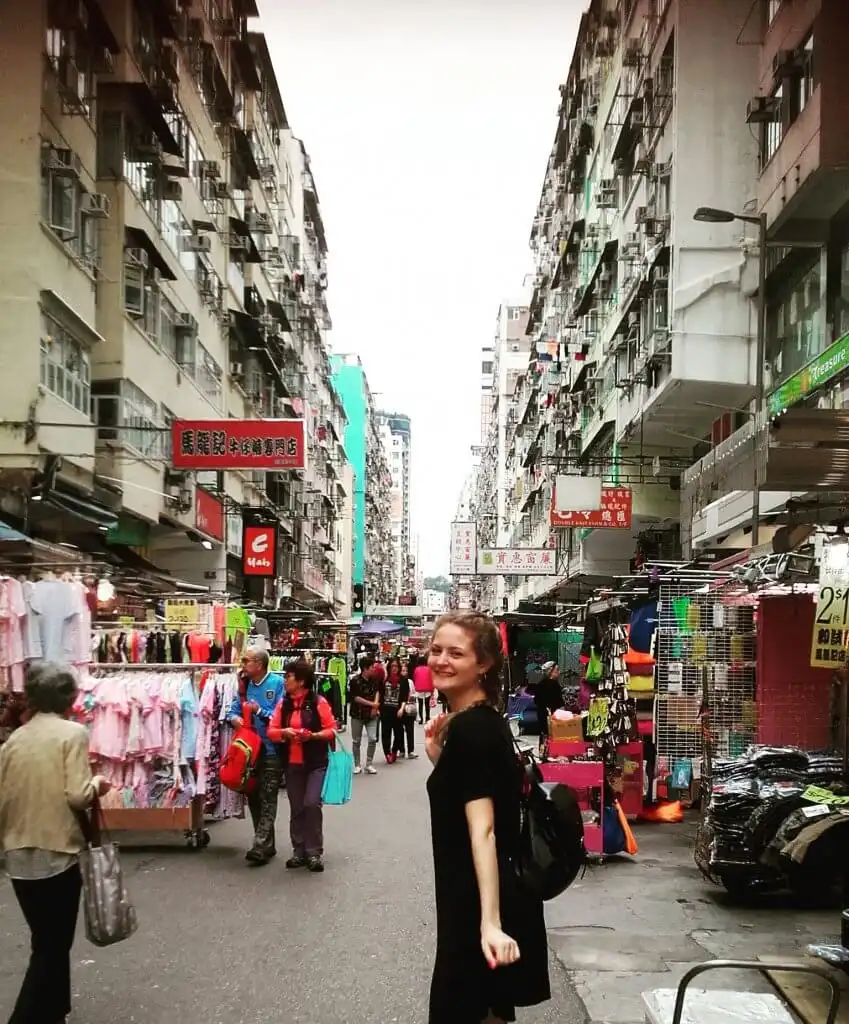
Teaching English in Hong Kong: Madeleine’s Story
I’ve always loved travelling and learning about cultures different than my own. As a teenager growing up in the UK, I visited mainland Europe often but was always curious about Asia. Throughout university, I immersed myself in learning European languages, and even studied abroad in Italy, but I couldn’t shake off the feeling that I was missing out on something more.
During the last few months of my final university year, I decided to finally go and experience Asian culture for myself. Teaching English abroad seemed like the obvious choice, as I had always been interested in languages and thought that imparting knowledge on my native language would be exciting and challenging at the same time. Several of my friends had already taught English in Europe and found it immensely rewarding, so I decided to give it a shot. I knew I wanted to go to Asia, but I wasn’t set on any country in particular, and deciding on a place was a hard choice.
While scanning websites for English teaching jobs in Asia, I found an opportunity to teach English in Hong Kong for ten months with an educational organisation. After umming and ahhing a bit, I decided to apply, and within a month of graduating I was flying off to Hong Kong, unsure of what to expect.

Whilst I loved living in Hong Kong and enjoying all that this amazing place had to offer, I was also aware of the big disparity between the rich and not-so-rich. There is a wealth gap in Hong Kong and the varying levels of privilege can have a big effect on people’s lives. Although I felt I was making a difference to the lives of my students within my teaching job, I also wanted to help struggling communities outside of work.
As I mentioned earlier, English is a vital skill for people in Hong Kong who want to go to university. It’s a harsh reality for some teenagers who know that their options will be severely limited if they don’t have a B2 level of English upon leaving secondary school. So, when I was presented with the opportunity to volunteer at a young offender institute and help co-ordinate an English language programme there, I jumped at the chance.Hong Kong island and Kowloon are surrounded by smaller islands that are reachable via ferries, and there is one tiny island in Hong Kong that is home to a young offender institute for boys and girls. The teenagers who live there are separated into two camps based on their genders and for the most part, they don’t interact with the opposite sex.
When I volunteered there, I was placed with the girls. Upon arrival to the island for the first time, after seeing the conditions that these teenagers were living in, I was shocked. The bathrooms and kitchens were outdoors and they shared a tiny house in which to sleep.

